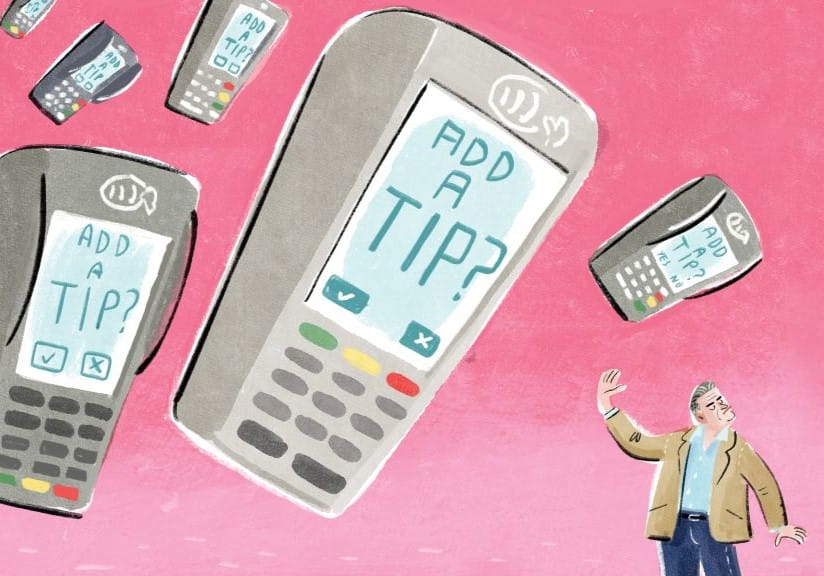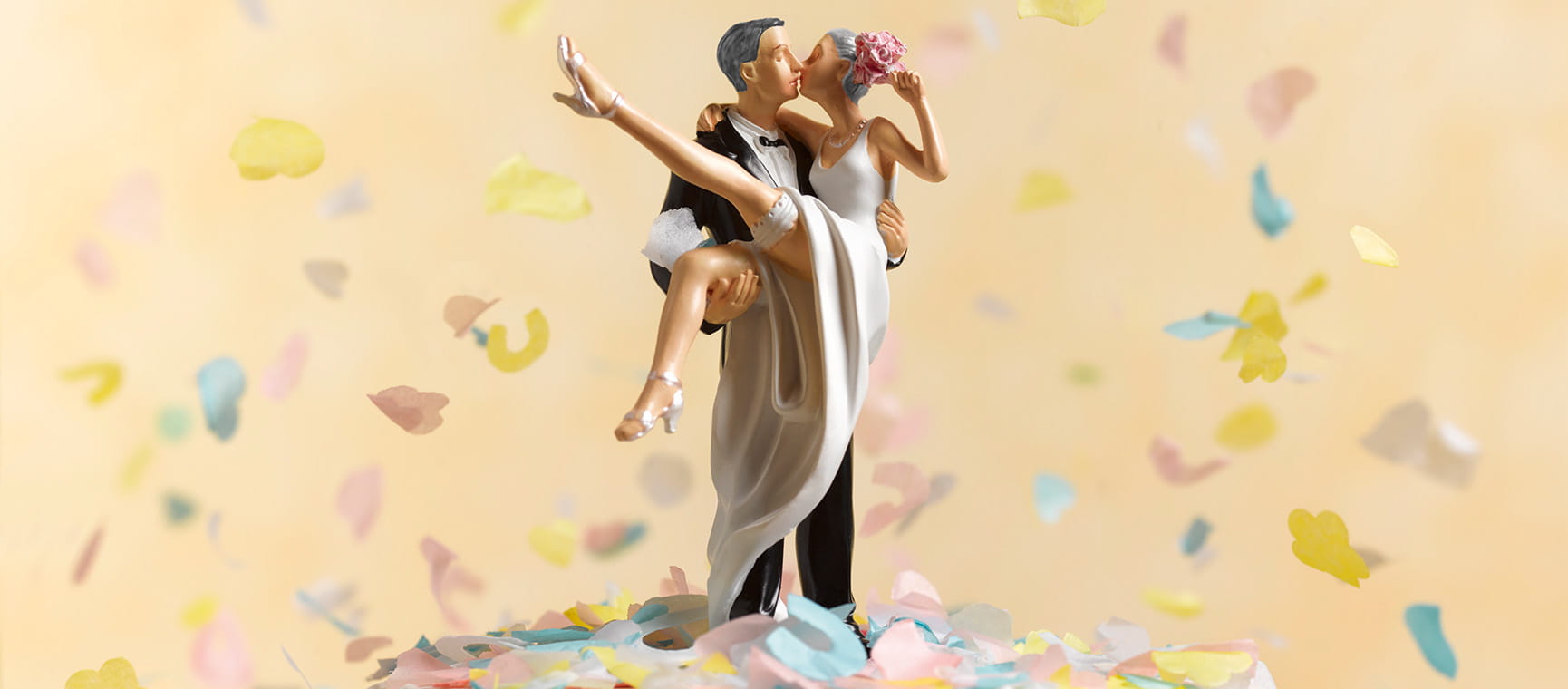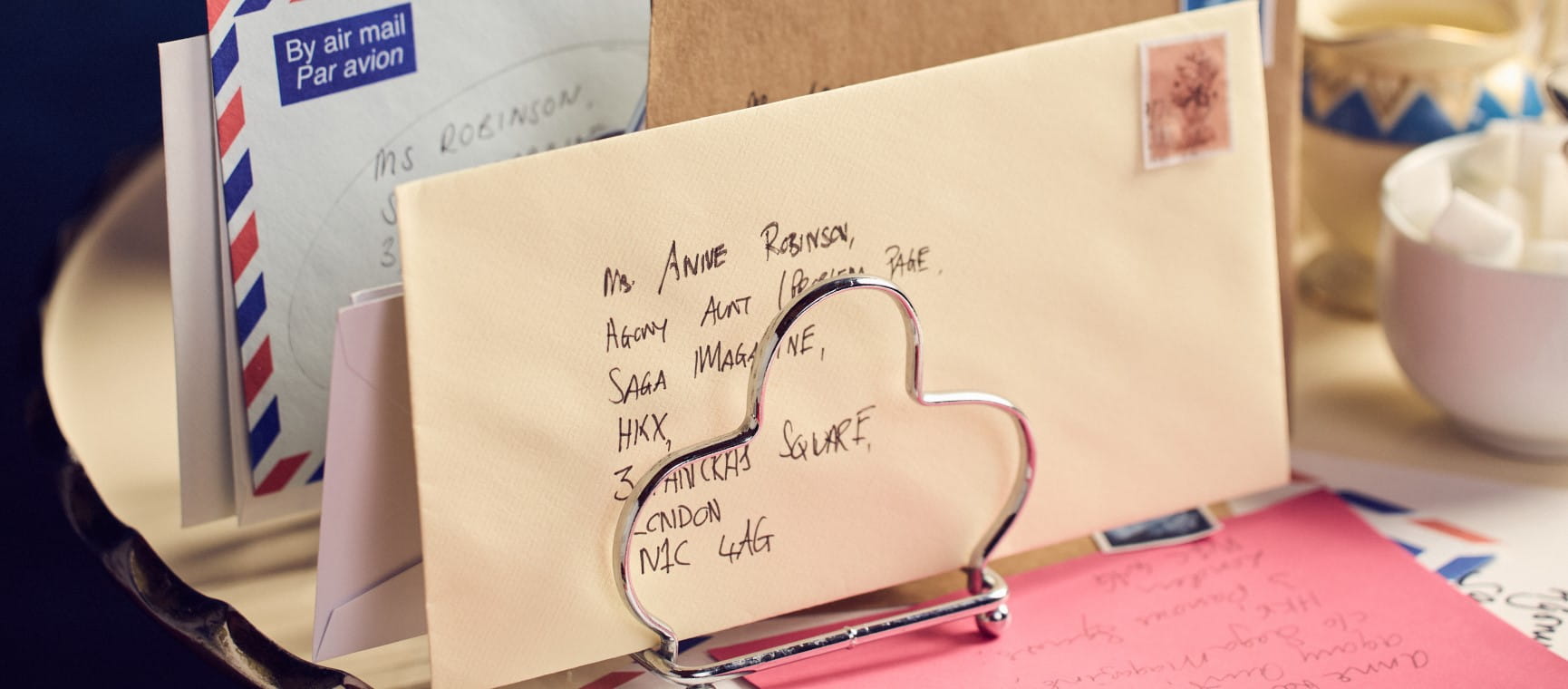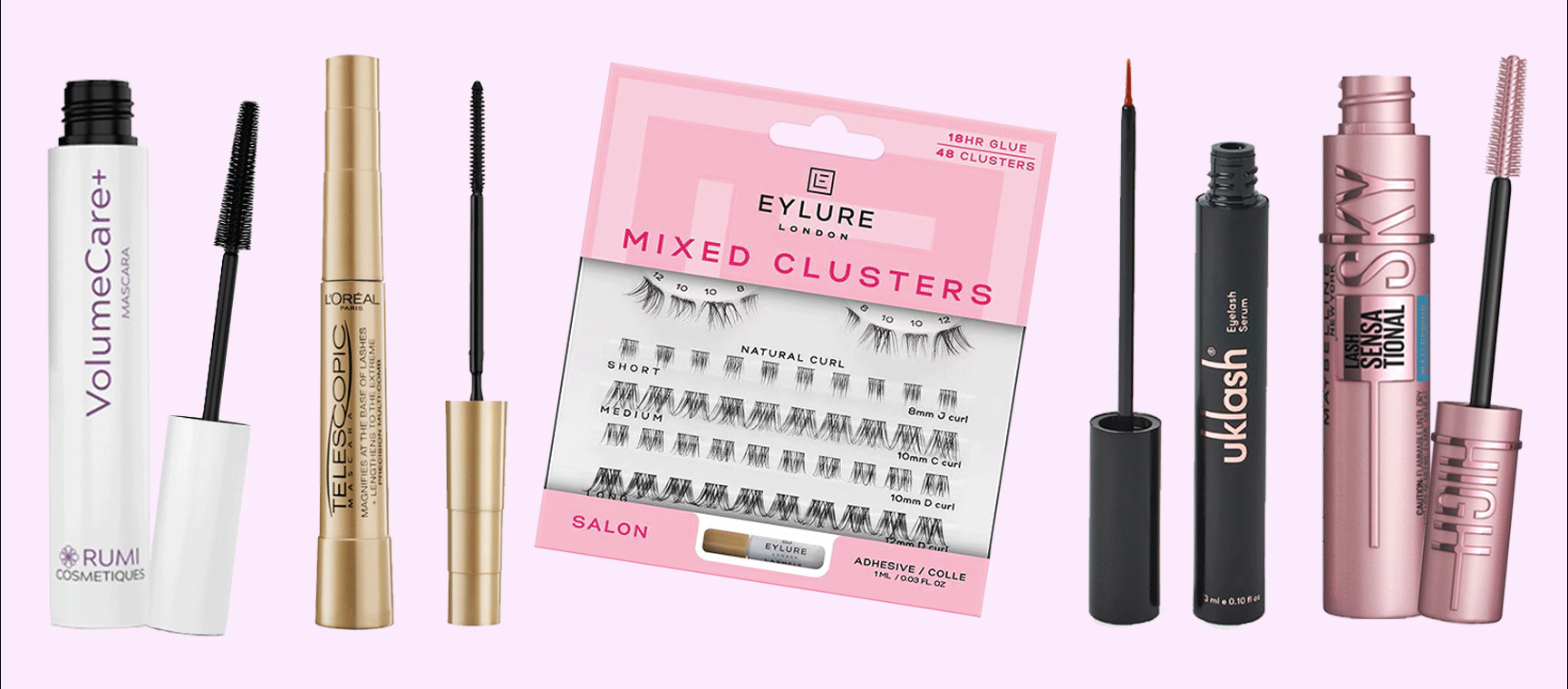"Glasses, how I hate that word!" says Jenni Murray
For years, our columnist boasted 20/20 vision – but now the number of pairs of glasses she needs just keeps on growing.

For years, our columnist boasted 20/20 vision – but now the number of pairs of glasses she needs just keeps on growing.

Glasses. How I hate that word. It bounced around my childhood home endlessly as my mother whinged to me and my father about the essential piece of equipment only she needed.
"Alvin, where are my glasses?" He’d patiently point out they were on the top of her head.
"I can’t see a thing through these glasses."
"Give them here, love. I’ll clean them for you."
"Jen, are you sitting on my glasses?"
"No, Mum, I’m not. I think I’d have felt them if I was. I’ll have a look in the bathroom for you."
And, sure enough, there by the sink were her glasses, left behind after she’d washed her face.
Same old stories, day after day, and I could never understand why she constantly misplaced them – she was blind as a bat without them.
I got so sick of her begging for help with her glasses, I once said, "I’ve no idea where your blooming specs are. Find them yourself." I received a spanking – not for being cheeky and unhelpful but because I’d used a dirty word: "specs".
That word was banned in our house, which I didn’t understand until Dad explained that during her school years, Mum had been known as Winnie Jones, speccy-four-eyes.
I’ve no doubt there was jealousy in the way she used her constant need for help in the finding or cleaning of her glasses. I had 20/20 vision, as did Dad. We could both read the tiniest print with which she often needed help, even when wearing glasses.
The worst of her jealousy came as I reached my teens and eye make-up became essential for dressing up my face. I immediately went for the darkest of lines on the upper and lower lids with plenty of black mascara – much the same as I wear today.
She couldn’t do it. Without glasses, she couldn’t see to put on the eye make-up. She pretended she thought it looked common and wouldn’t want it anyway. She was happy with her red lipstick. I should have been more sympathetic and offered to do it myself. I never did.
I was 46 years old when she found she didn’t need to be so jealous of me any more. I’d gone to work and begun to tackle the first job of the day: reading the newspapers. I struggled to cope with the tiny print. How could this have happened so quickly? I’d managed the day before, but now I could barely make anything out.
I booked an optician’s appointment and found I could see three or four lines of the test card, then nothing. The optician explained that 46 was the most common age when people came to see her as their eyesight had changed suddenly.
It was, she said, because the lens in the eye was the only part of the body that had never learned to adapt to the ageing process. It began to dry, having always been liquid in the past. It was no longer able to change its size and shape to cope with close and long-distance viewing. I would need glasses to enable me to read the newsprint again.
I chose reading glasses that’d fit on the end of my nose. I thought I’d take them off whenever possible. I never did. Too much hassle. I wore them all the time as I couldn’t even do the shopping without them – I couldn’t read product names. Those glasses became a part of my face and my "look". I learned to love them.
Photographers would ask me to take them off and show my eyes. I refused. But I never stopped wearing the eye make-up, at least I could see well enough to do it – still can. I did have the good grace to call Mum and tell her I no longer had 20/20 vision and apologise for having been less than sympathetic to her. "Oh, don’t worry, love, it’ll only get worse." No sympathy there then.
She was right. As my distance vision began to deteriorate, I was advised to try bifocals. That didn’t last long as I fell downstairs twice, unable to cope with adjusting to the lenses. For some years now, I’ve had three pairs of glasses – the on-the-nose ones for reading, some for driving, and watching TV, and a pair for the computer.
I’m now waiting for my latest prescription: reading glasses on the nose, some for computer work, a pair for distance, which will fade to dark in bright sunshine, and a fourth pair – distance sunglasses for driving.
Specs that become dark in sunlight don’t work in the car; the windscreen stops them functioning. I can no longer bear being blinded by the sun and by the ridiculously bright new headlights coming at me in the dark. Never thought I’d be wearing dark glasses at night. Maybe I’ll start a new trend.
Dame Jenni Murray is a journalist and broadcaster. She presented BBC Radio 4's Woman's Hour for more than a decade and now writes regularly for national newspapers and magazines. She is a monthly columnist for Saga Magazine.
View author page

Get 3 months free, plus a £125 Totally Rewards Wellness Gift Card when you start a new policy by the end of 19 February 2026. T&Cs apply.
Underwritten by Bupa Insurance Limited.

For a limited time, enjoy 3 issues of Saga Magazine for just £1. Receive the next 3 print editions delivered direct to your door, plus 3 months’ unlimited access to the Saga Magazine app—perfect for reading on the go.
Don’t miss your chance to experience award-winning content at an exceptional price.
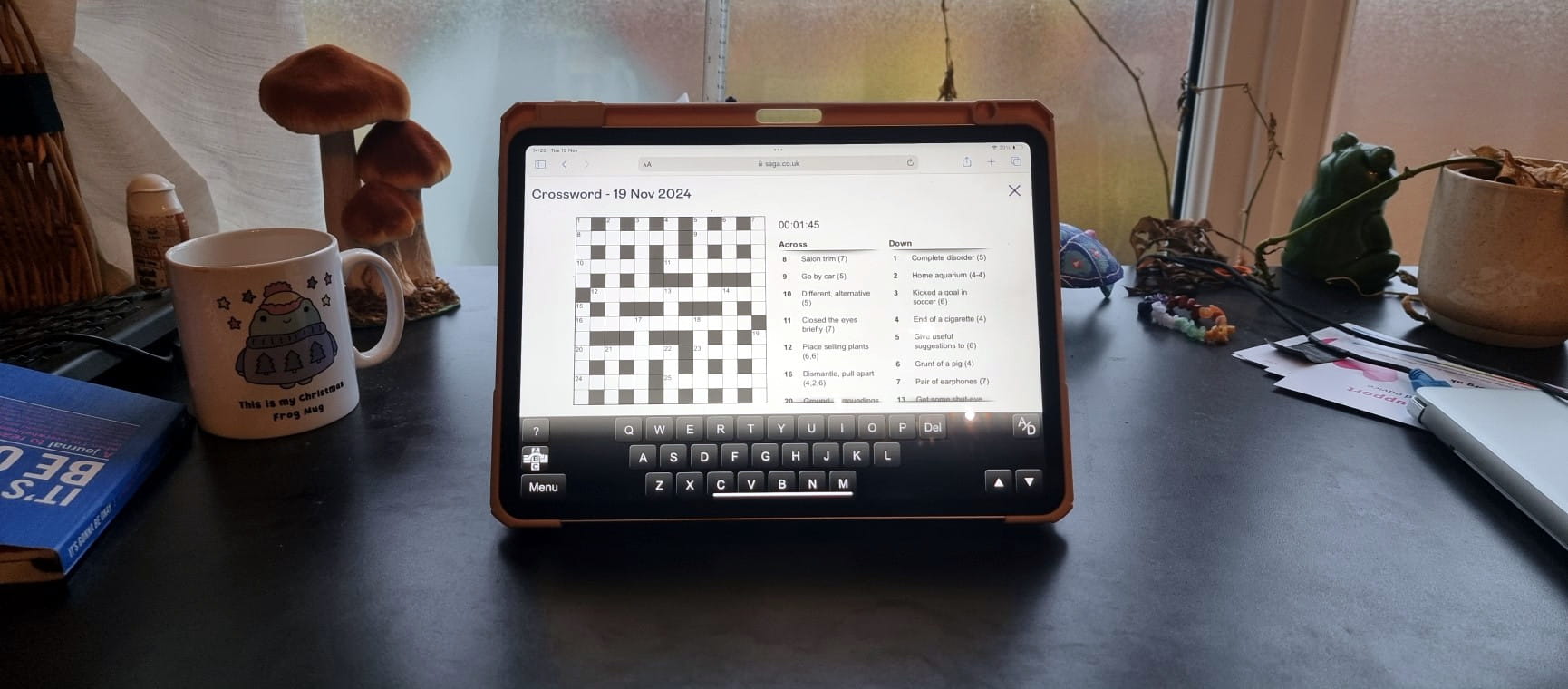
The ultimate guide to Saga Puzzles, full of technical tips, tricks and hints.
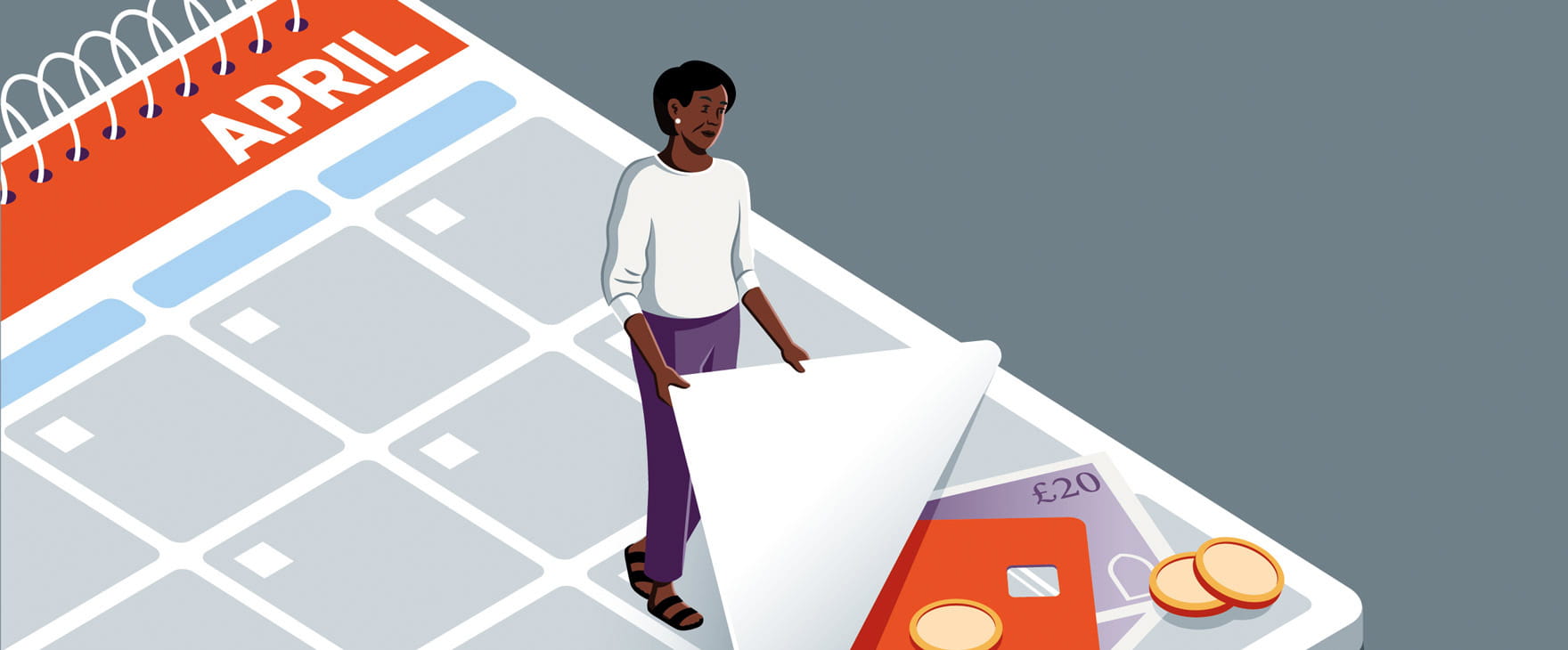
With the start of the new financial year on 6 April, our money expert explains the changes to your pension, benefits and taxes.

